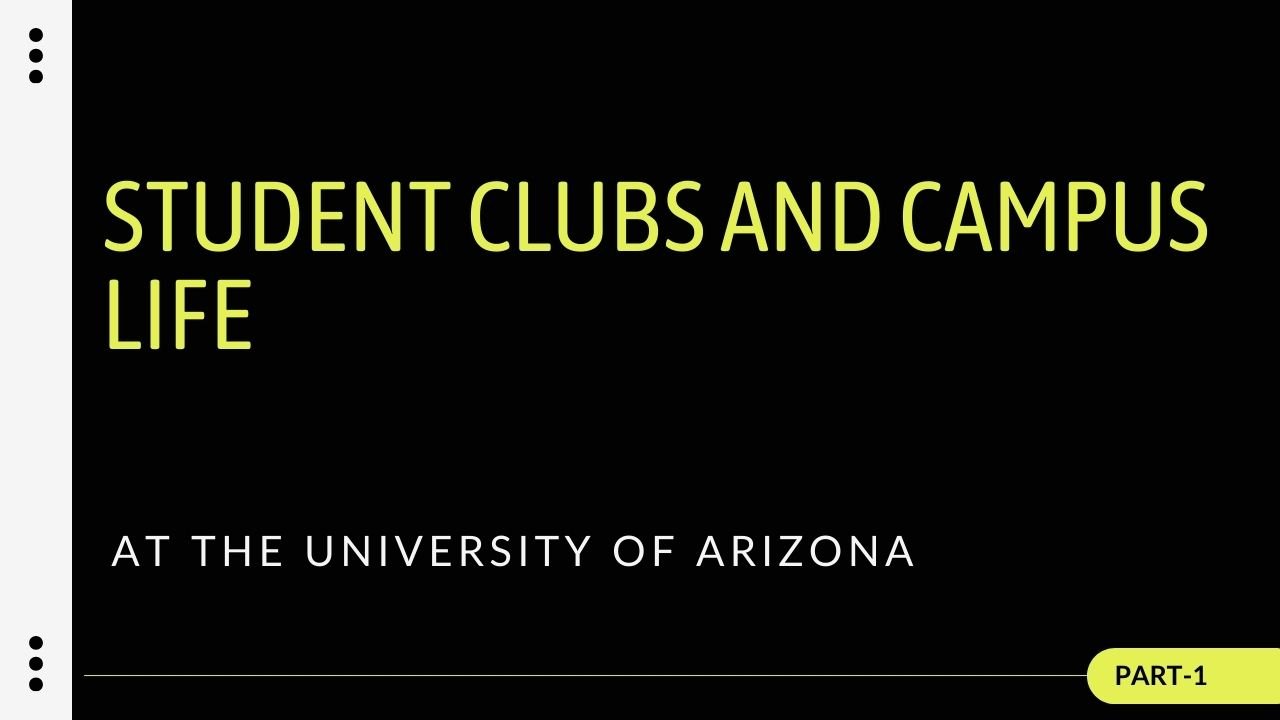Introduction
The University of Arizona (UArizona) is more than a place of learning—it’s a hub for groundbreaking research and innovation. As a top-tier research institution, UArizona is classified as an R1 university, meaning it ranks among the highest in research activity. From space exploration to cancer treatments, Wildcats are making discoveries that shape the future.
This article explores the research opportunities available to students, major innovations coming out of UArizona, and how involvement in research boosts career prospects.
Why Research Matters for Students
For undergraduates and graduate students alike, research is a powerful way to:
- Gain hands-on experience in real-world projects
- Strengthen critical thinking and problem-solving skills
- Work alongside leading faculty and experts
- Improve graduate school or job applications
👉 Related: Thinking of joining this dynamic academic community? Check out our Complete Guide to the University of Arizona Admissions Process (2025) for details on applying.
Areas of Research Excellence
Space and Astronomy
UArizona is world-renowned for its contributions to space science. The university played a central role in NASA’s OSIRIS-REx mission, which successfully collected samples from the asteroid Bennu. Its Lunar and Planetary Laboratory continues to lead space exploration efforts.
Health and Biomedical Sciences
The university’s BIO5 Institute brings together experts in medicine, engineering, and technology to tackle challenges like cancer research, infectious diseases, and personalized medicine.
Environment and Sustainability
With Tucson’s desert ecosystem as a backdrop, UArizona researchers study water conservation, climate change, and renewable energy. Programs like the Arizona Institute for Resilience focus on sustainable solutions for the future.
Engineering and Technology
UArizona is pushing boundaries in robotics, cybersecurity, and artificial intelligence. Students in engineering programs often join faculty research teams on cutting-edge projects.
Social Sciences and Humanities
Research isn’t limited to STEM. UArizona also leads in anthropology, linguistics, and public policy, studying how culture and society evolve.
Undergraduate Research Opportunities
Unlike many universities where research is mostly reserved for graduate students, UArizona actively involves undergraduates.
- Undergraduate Research Opportunities Consortium (UROC): Supports students from underrepresented backgrounds.
- Honors College Projects: Honors students complete independent research under faculty guidance.
- Summer Research Programs: Paid internships and fellowships give undergrads hands-on lab or field experience.
For example, a psychology major might work in a cognition lab, while an engineering student might assist on a robotics project.
Graduate Research at UArizona
Graduate students have access to state-of-the-art labs, industry partnerships, and international collaborations. Doctoral candidates often publish research in leading journals and present at conferences worldwide.
As a result, UArizona is consistently ranked among the best U.S. institutions for graduate research opportunities.
Innovation and Startups
UArizona research doesn’t just stay in the lab—it often leads to real-world innovations.
- Tech Launch Arizona helps faculty and students patent inventions and create startups.
- Entrepreneurship Programs connect researchers with investors and mentors.
- Student-Led Startups: Many Wildcats launch companies while still in school, applying research to real business models.
Comparing Research: UArizona vs. ASU
Arizona is home to two powerhouse research universities.
- UArizona stands out in space science, environmental sustainability, and biomedical research.
- ASU, according to ASU Research, emphasizes innovation in technology, social sciences, and sustainability.
Both schools offer robust opportunities, but UArizona’s legacy in astronomy and health sciences gives it a unique edge.
Benefits of Research Participation
Participating in research can:
- Build strong resumes and grad school applications
- Provide networking opportunities with professors and professionals
- Lead to publications or conference presentations
- Help students develop problem-solving skills that employers value
Therefore, research is not only academically rewarding—it’s also a career accelerator.
Success Stories
Many UArizona research projects have made global impact.
- OSIRIS-REx Mission: First U.S. mission to return asteroid samples.
- Cancer Research Innovations: Development of new treatments at the UA Cancer Center.
- Water Conservation Technology: Desert-adapted solutions that are now applied globally.
Alumni who participated in these projects have gone on to careers at NASA, NIH, and leading tech companies.
How to Get Involved
Students can start by:
- Contacting professors whose research matches their interests.
- Applying for programs like UROC or summer fellowships.
- Attending research fairs and department info sessions.
- Exploring interdisciplinary projects through the BIO5 Institute.
Conclusion
At the University of Arizona, research is not just for faculty—it’s a hands-on experience that shapes student futures. From space exploration to cancer research, Wildcats are pushing the boundaries of knowledge.
By joining research projects, students gain real-world skills, build networks, and open doors to careers and graduate study. For those seeking an education that combines classroom learning with innovation, UArizona is the perfect destination.
